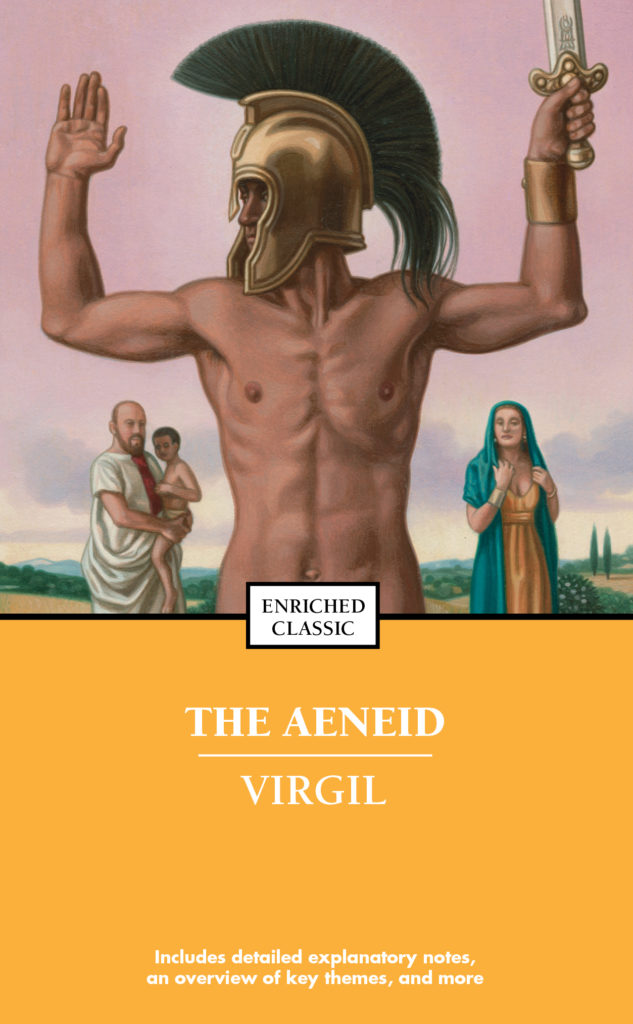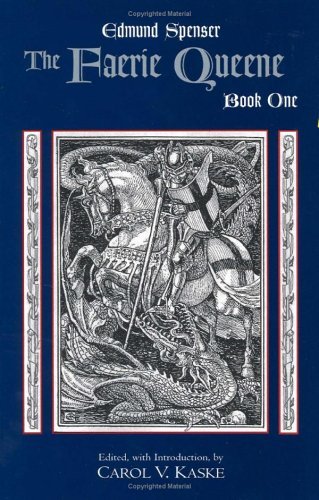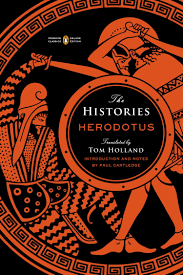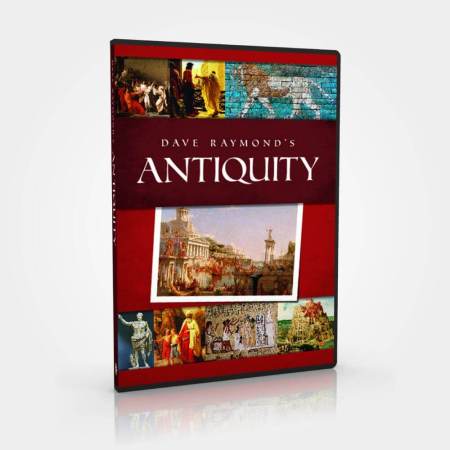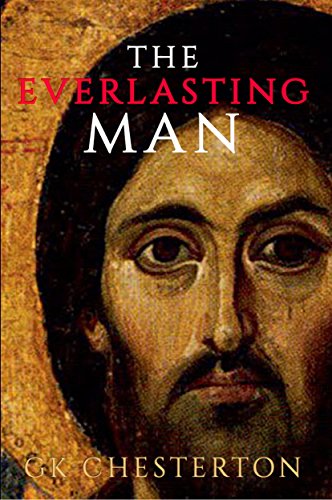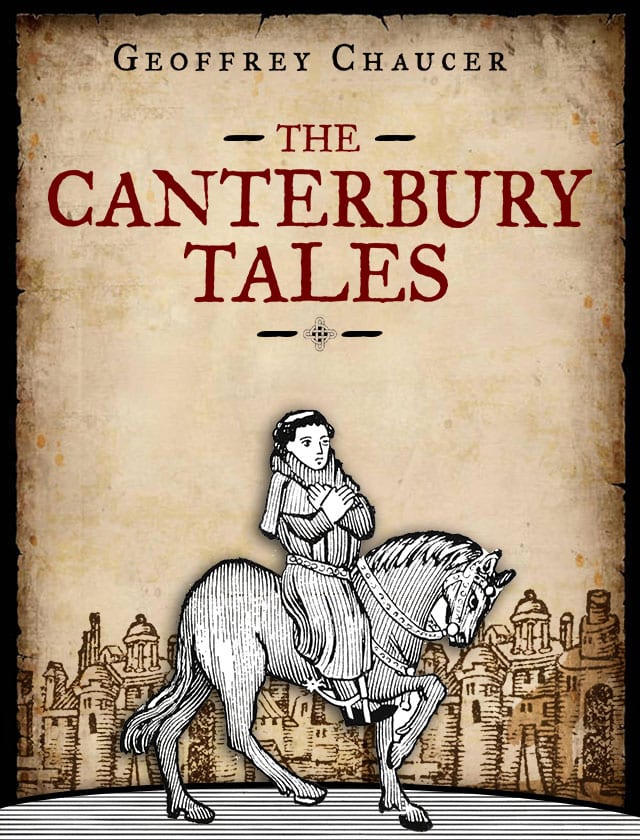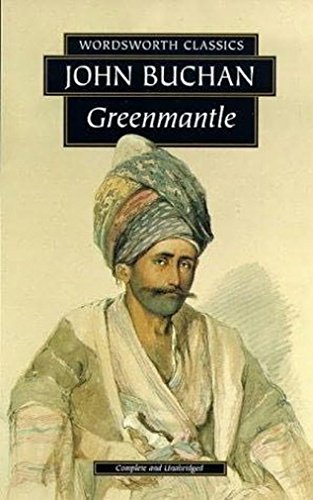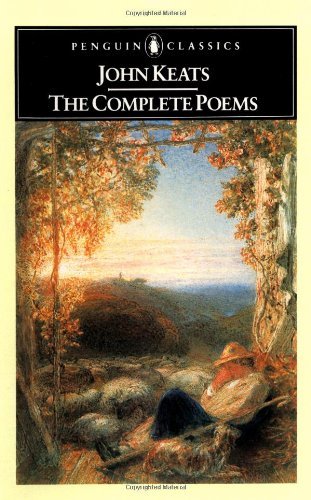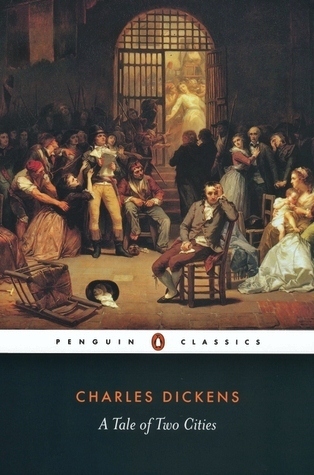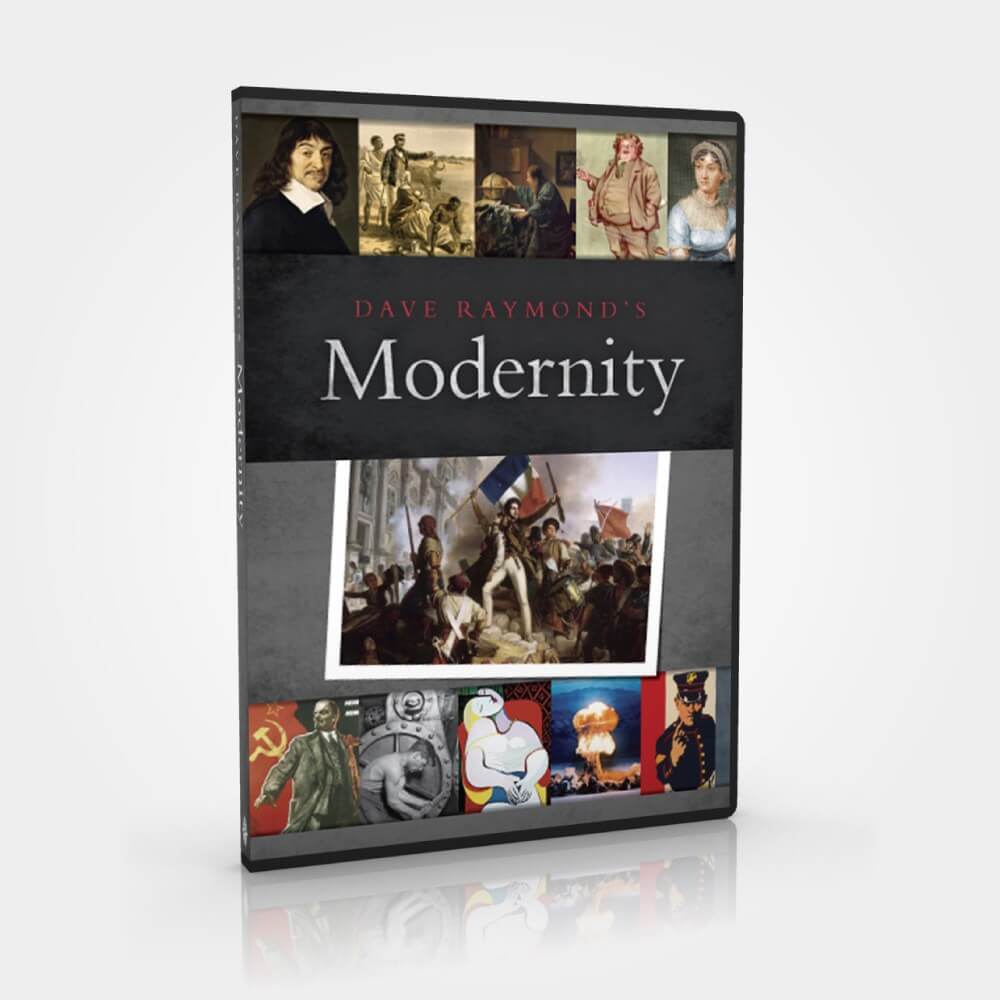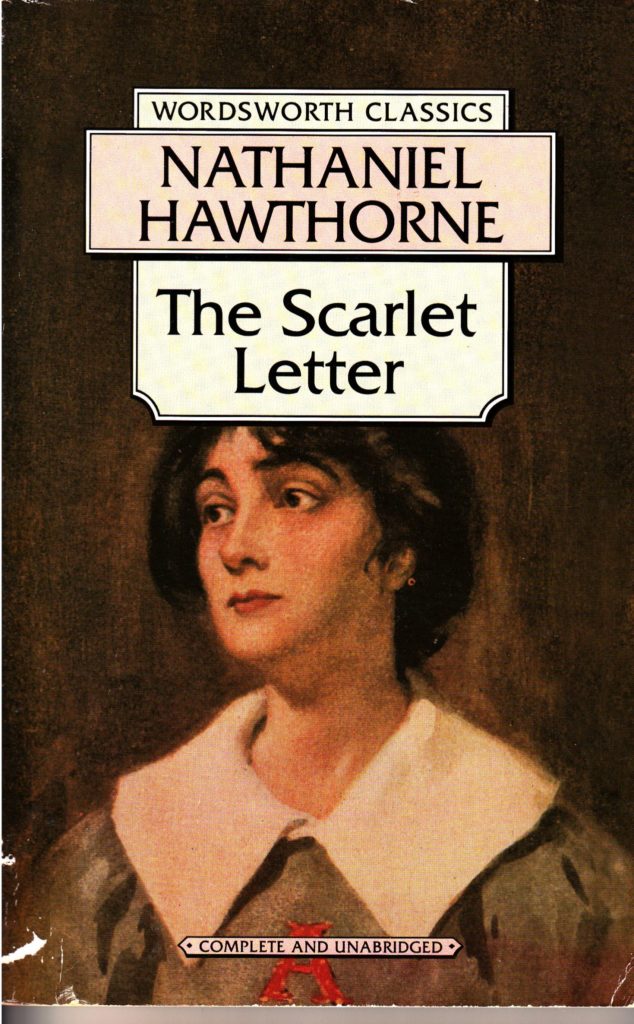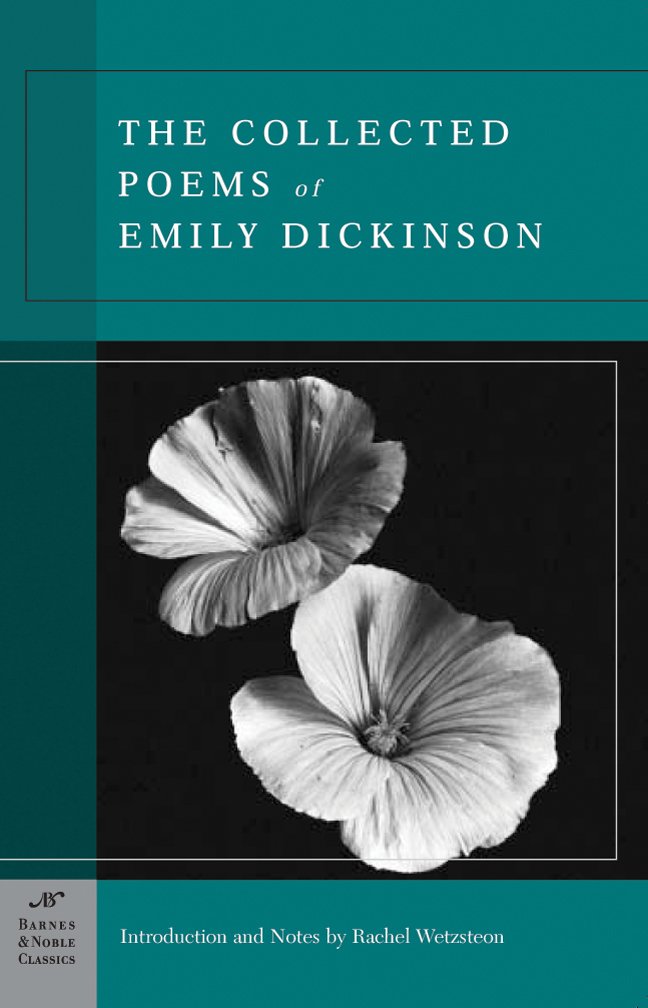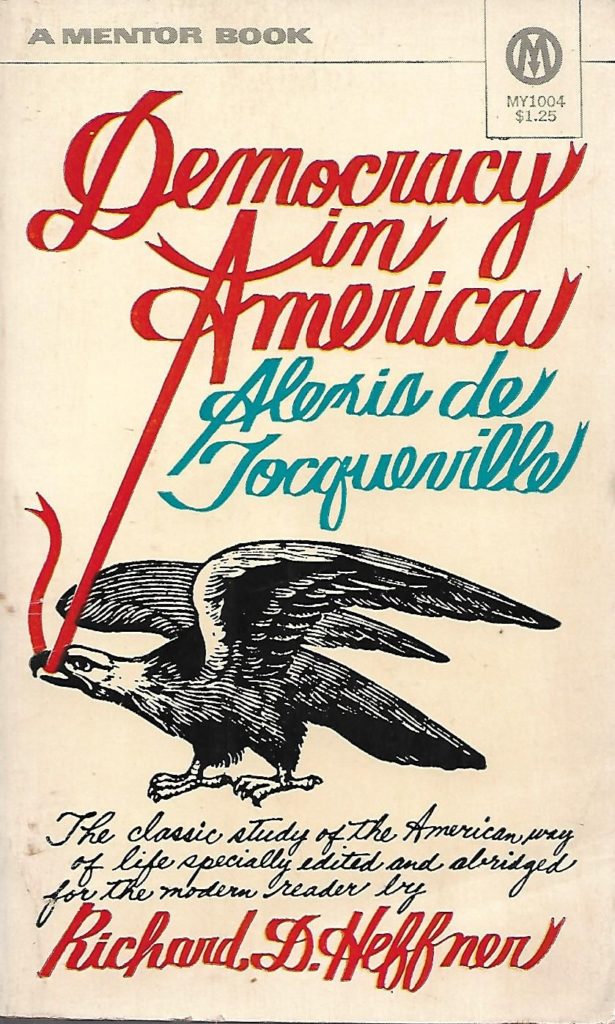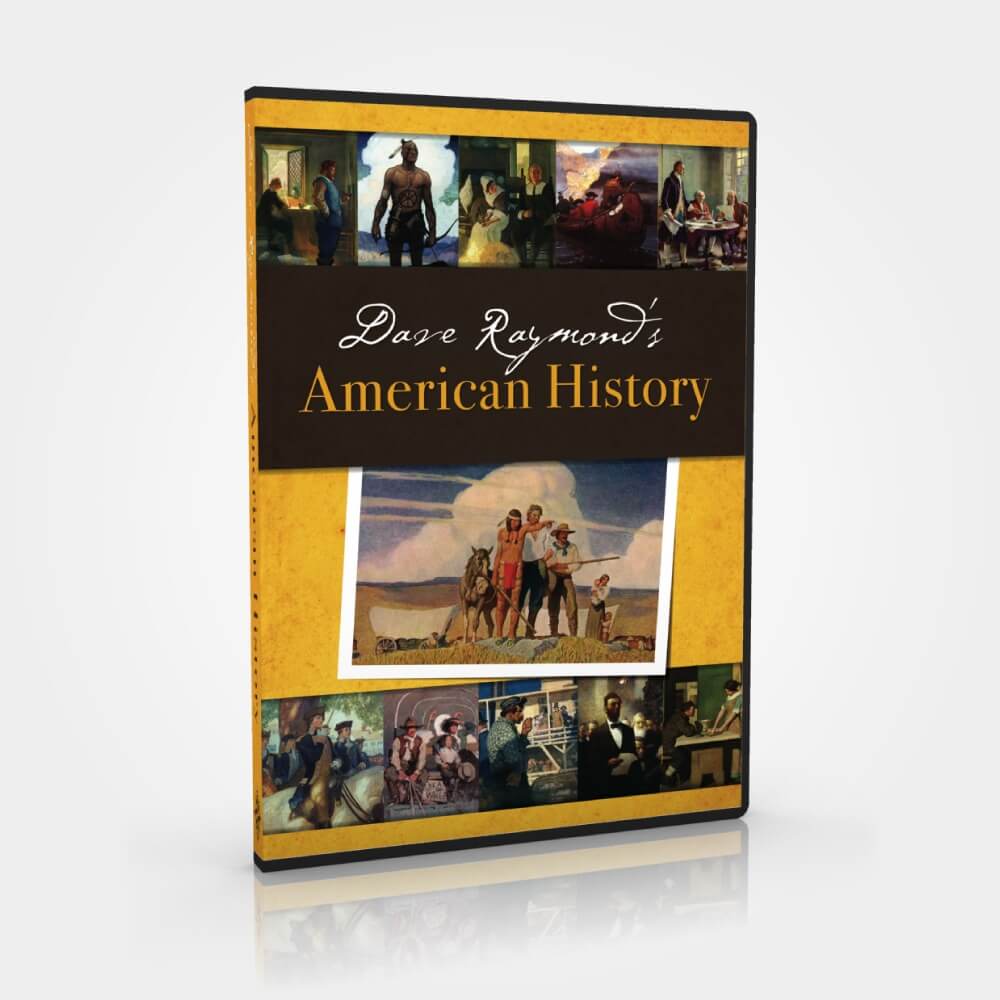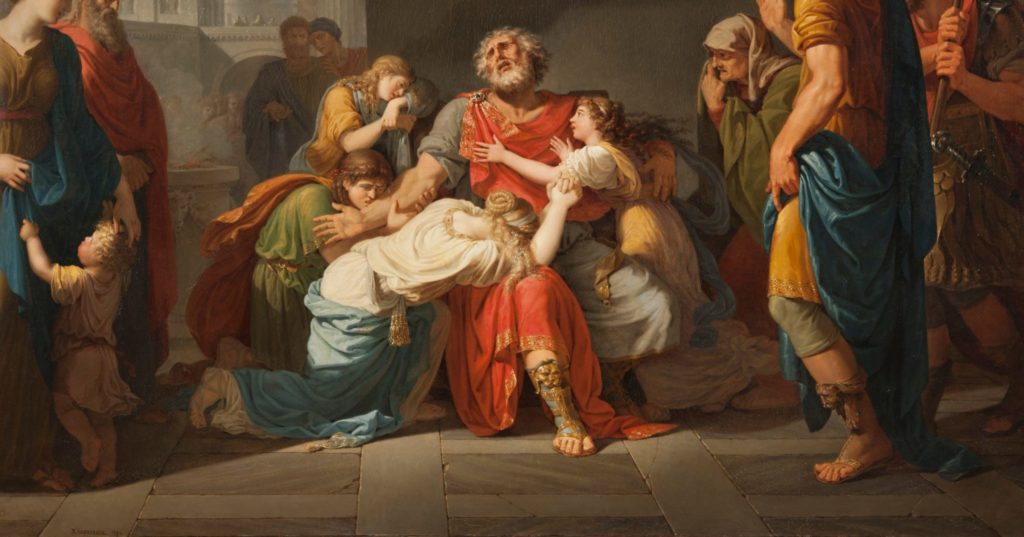
Classics Every High Schooler Should Read
Looking for Classics for Your High Schooler?
There are a lot of classics out there. Have you ever wondered where to start, or which classics your high schooler should read first? Picking and choosing your book list can be overwhelming. We’ve narrowed it down for you!
While this list is by no means exhaustive, it is a little more extensive than our middle school list. Some of you might think this list is far too ambitious, while others might find it meager. This list is simply a guide. You may add or detract from it. You may feel your child is not quite ready for some of these works, or maybe they’ve already read several of them. That is the beauty of homeschooling! You know your child better than anyone, so we leave it in your hands. We simply want to suggest books we believe are worth placing in front of your child — the books we’ve read and love.
Are Classics Too Hard for High Schoolers?
Many of these books are difficult. Help your child and encourage them, by all means, but never stop leading them to greater and greater heights of knowledge. There are depths of wisdom from ancient authors just waiting to be plumbed. Plato wrote, “the goal of an education is to love what is worth loving.” Teach your children to love great books by loving them yourself.
Here are some of our favorite classics your high schooler may be ready to read. We’ve organized them chronologically (including some that were written in a particular era, some written about it).
ANTIQUITY
- Antigone, Sophocles
- Oedipus, Sophocles*
- The History of the Peloponnesian War, Thucydides
- Histories, Herodotus
- Plutarch’s Lives
- Faerie Queene, Spenser
- Till We Have Faces, CS Lewis
- The Poetics, Aristotle
- Iliad, Homer*
- The Epic of Gilgamesh**
- Metamorphoses, Ovid**
- The Aeneid, Virgil
- Paradise Lost, John Milton
- The Republic, Plato
Looking for an ancient history curriculum?
CHRISTENDOM
- The Ecclesiastical History of the English People, Bede
- Canterbury Tales, Chaucer**
- On the Incarnation, Athanasius
- Hamlet, William Shakespeare
- The Inferno, Dante
- Confessions, Augustine
- The Rule of St. Benedict
- The Holy Bible
- The Everlasting Man, G.K. Chesterton
- Collected Poems of John Donne
- Henry V, William Shakespeare
- The Talisman, Sir Walter Scott
MODERNITY
- The Scarlet Pimpernel, Baroness Emmuska Orczy
- A Tale of Two Cities, Charles Dickens
- Pride and Prejudice, Jane Austen
- The Portable Romantic Poets, edited by W.H. Auden
- Great Expectations, Dickens
- 1984, George Orwell
- Sense and Sensibility, Jane Austen
- Jane Eyre, Charlotte Bronte
- The Great Gatsby, F. Scott Fitzgerald**
- Les Miserables, Victor Hugo
- Greenmantle, John Buchan
- The Lord of the Rings, J.R.R. Tolkien
- Brideshead Revisited, Evelyn Waugh**
- The Nine Tailors, Dorothy Sayers
- Brave New World, Aldous Huxley**
- “Harvard Address,” Alexander Solzhenitsyn
- Goodbye, Mr. Chips, James Hutton
- Rasselas, Samuel Johnson
- Collected Poems of T.S. Eliot
- Collected Poems of Gerard Manley Hopkins
- Collected Poems of John Keats
- Orthodoxy, G.K. Chesterton
- The Hiding Place, Corrie ten Boom*
- The Sound and the Fury, William Faulkner**
- The Ransom Trilogy, C.S. Lewis
AMERICAN HISTORY
- The Sermons of Jonathan Edwards: A Reader, selected by Wilson Kimnach, Kenneth Minkema, and Douglas Sweeney
- Democracy in America, Alexis DeTocqueville, abridged and edited by Richard D. Heffner
- Declaration of Independence and the Constitution
- Common Sense, Thomas Paine
- Red Badge of Courage, Stephen Crane*
- “Young Goodman Brown,” Nathaniel Hawthorne
- “The Minister’s Black Veil,” Nathaniel Hawthorne
- “The Tell-Tale Heart,” Edgar Allen Poe*
- “The Raven,” Edgar Allen Poe
- “Bartleby the Scrivener,” Herman Melville
- A History of the American People, Paul Johnson (Selections from this hefty tome are great for multiple lessons.)
- The Legacy of the Civil War, Robert Penn Warren
- Collected Poems of Emily Dickinson
- Collected Poems of Anne Bradstreet
- Autobiography of Benjamin Franklin
- The Scarlet Letter, Nathaniel Hawthorne
Looking for an American history curriculum?
Challenging Your High Schooler With Classics

If you haven’t read a lot of these titles, don’t be discouraged. It always seems like a lifetime adventure to read all of the great books out there. Read them along with your teen or aloud as a family. You may find that this becomes your family’s “Want to Read” list!
History that Complements the Classics
History is best understood through the dual lenses of dramatic story and godly wisdom. Dave Raymond teaches history by applying a Christian worldview to characters, events, theology, literature, art, and religious beliefs of a culture. His classes are available individually, in bundles, or as part of a subscription.
Learn More about our popular history products
* Contains violence that may be a bit mature for some audiences
** Contains sexual content that may be a bit mature for some audiences

